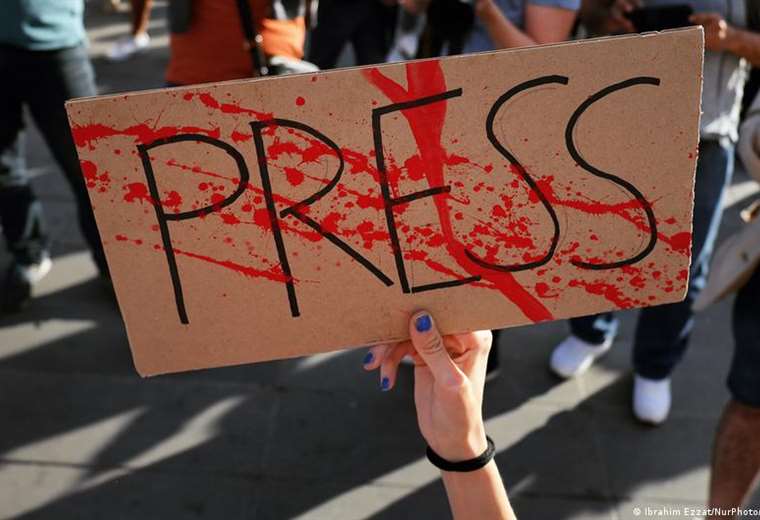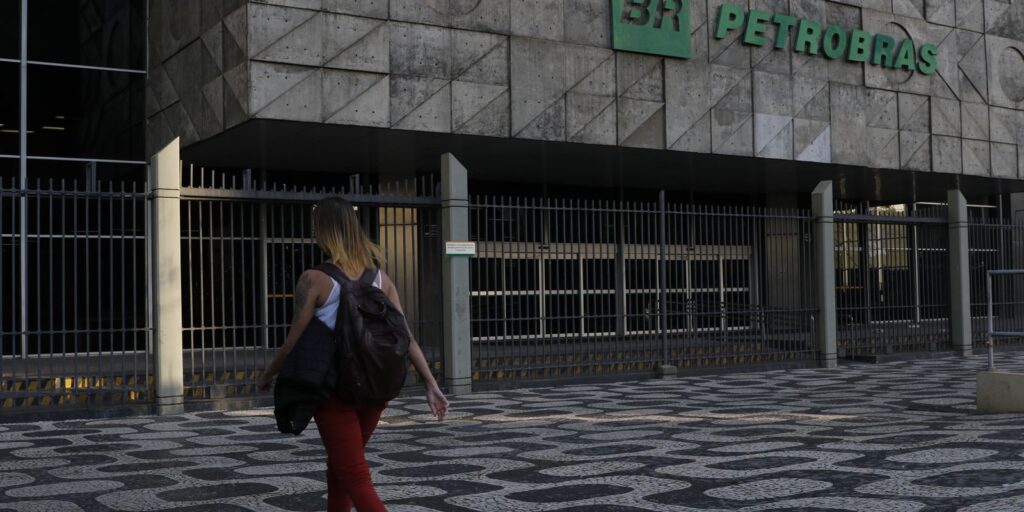July 19, 2022, 4:02 PM
July 19, 2022, 4:02 PM
According to an investigation by the writers association PENespecially the coronavirus pandemic has had a “devastating” impact on freedom of opinion and expression in several countries. Among those most affected are authors, journalists and artists who have criticized official measures against the coronavirus.
“Never before has the free word been so limited. The world has not improved,” says Cornelia Zetzsche, the new vice president of the PEN Club of Germany, based in Darmstadt, in an interview with DW.
The PEN Club points out that online platforms were closed in many countries. In addition, it lists several attacks in 2021. In Bangladesh and Venezuela, for example, journalists were jailed for allegedly spreading false news. In Kazakhstan, the poet Aron Atabek died in prison as a result of a coronavirus infection, without having received medical attention. The writer had spent 18 years behind bars.
Killed, intimidated and detained
In many places, autocracies have brutally repressed freedom of expression. During a peaceful demonstration in Myanmar, at least five writers were killed by the ruling junta’s army, the report says. Among the victims are the poets Myint Myint Zin and K Za Win. Meanwhile, in Afghanistan, PEN Club members Abdullah Atefi and Dawa Khan Menapal were killed when the Taliban took control of Kabul.
The writers’ association documented repression and violence in Mexico, Bangladesh and Lebanon, and in the Ethiopian region of Tigray, journalists who tried to report on the local conflict were detained and harassed.
However, the PEN Club also has Europe in its sights, recalling the murder of Dutch investigative journalist Peter R. De Vries, who was shot dead in Amsterdam in July 2021.
The accusations are similar
The new PEN Club report highlights the situation in China, Turkey, Egypt, Iran and Cuba, ie countries that have been on the list for a long time. On the occasion of the fifth anniversary of the death of the Chinese writer, defender of human rights and Nobel Peace Prize winner, Liu Xiaobo (1955-2017), the association’s headquarters, in London, had already published last Wednesday (07.13.2022) the current list of exemplary and serious cases of human rights violations.
According to the vice president of PEN in Germany, Zetzsche, in all countries the arguments of the rulers are similar. The accusations range from danger to national security or belonging to a terrorist organization, to having insulted a national icon. “The cases are similar,” says Zetzsche, adding that “the instruments of oppression always look alike.”


















